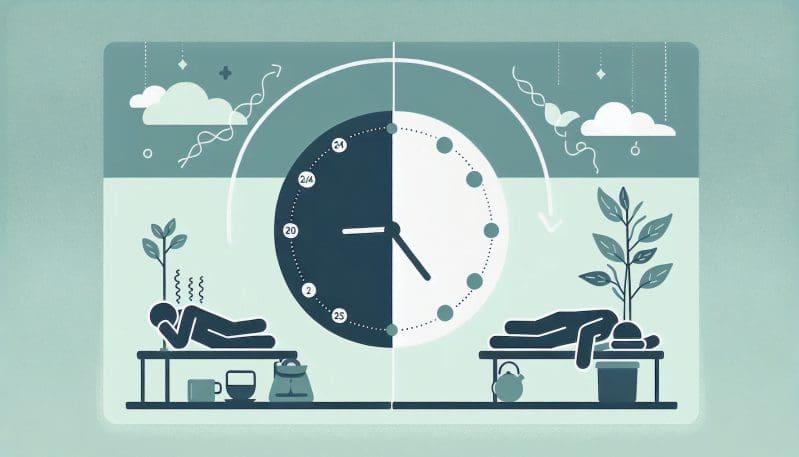Redefining the Hustle: Is the 24/7 Work Culture Sustainable in the Age of Burnout?
- Home
- Redefining the Hustle: Is the 24/7 Work Culture Sustainable in the Age of Burnout?
- Editors Desk
- January 24, 2024
- 0 Comments
In recent years, ‘hustle culture’ has permeated every aspect of our professional lives. The glorification of relentless work, constant connectivity, and the pursuit of career success have become societal benchmarks for achievement and success. But as the boundaries between work and personal life increasingly blur, the toll on mental health and overall well-being is becoming impossible to ignore.
It’s time to question the sustainability of a 24/7 work culture, especially in an age where burnout has become an epidemic. The World Health Organization has recognized burnout as an occupational phenomenon, characterized by feelings of energy depletion, increased mental distance from one’s job, and reduced professional efficacy. These symptoms are alarmingly common among workers across various industries.
But how are different demographics coping with these relentless work expectations? For millennials and Gen Z, the most connected generations in history, the pressures of being ‘always on’ are particularly acute. Social media often serves as a highlight reel of professional accomplishments, perpetuating the myth that busyness equates to worthiness. Meanwhile, older generations grapple with adapting to new technologies that facilitate constant availability, often at the cost of work-life boundaries.
The pursuit of a balance between work and life is being reframed as a revolutionary act, a daring break from societal norms that equate availability with productivity and dedication. It begs the question: Are we measuring productivity by the right standards? Studies suggest that longer hours do not necessarily result in higher output and can, in fact, lead to decreased quality of work.
This brings us to the role organizations and thought leaders must play in shifting the narrative. Instead of praising the ‘rise and grind’ mentality, it is crucial to prioritize well-being and recognize the need for rest and recovery as integral components of productivity. The approach of ‘No Worker Left Behind’ in providing resources and advocating for policies that support a healthy work-life balance is more crucial than ever.
We propose a new blueprint for the modern workforce, one that aligns with human needs rather than just economic output. Flexible working arrangements, mental health resources, and a culture that values quality over quantity are just the beginning. ‘No Worker Left Behind’ is committed to pioneering change, empowering workers to redefine what success looks like and advocating for systems that nourish rather than deplete.
As businesses and thought leaders, we must embrace a paradigm shift. It’s time to dismantle the notion that nonstop hustle is the only path to success and rewrite the script on productivity. Let’s build a future where no worker is left behind in the relentless pursuit of career advancement—a future where the hustle is healthy, balanced, and sustainable for all.


Leave A Comment